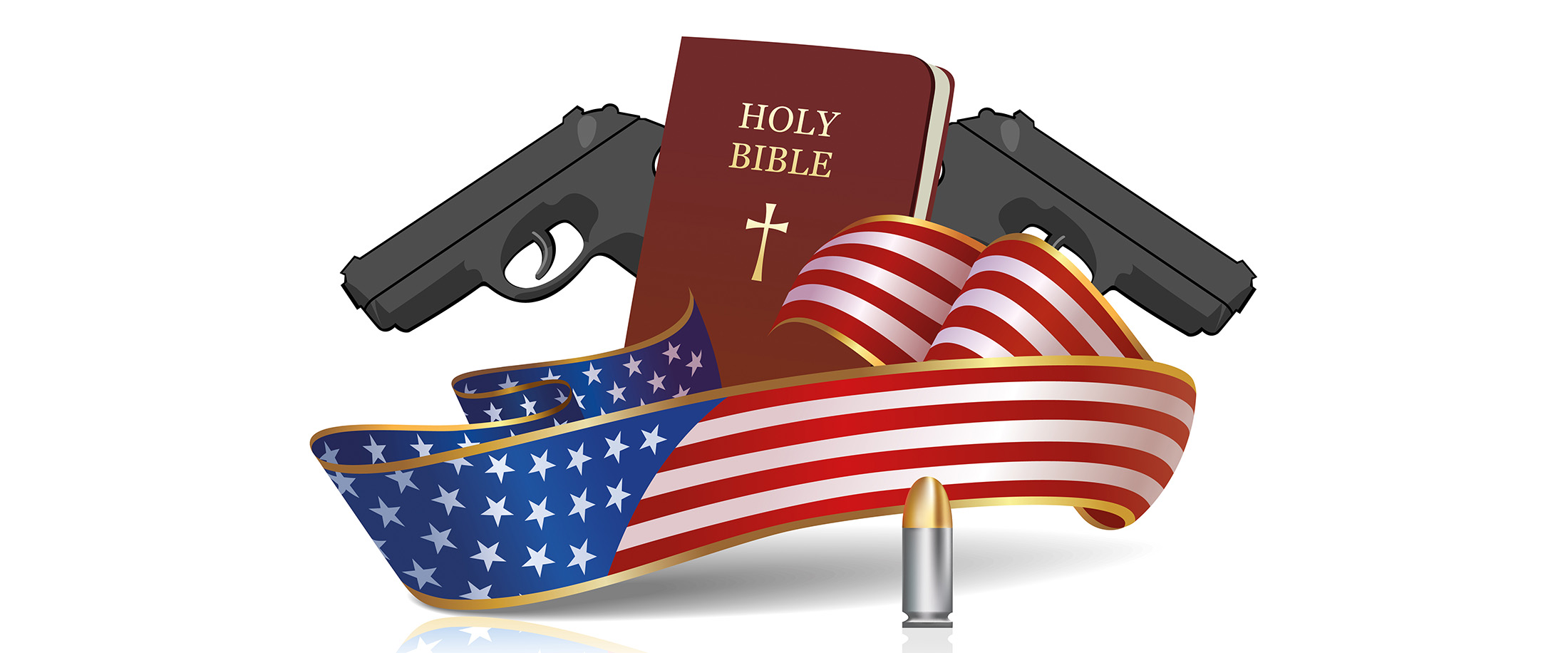OpinionLydia Carlis | September 24, 2025
The assassination of Charlie Kirk has shaken the country, both because of the horror of political violence and because of what the aftermath is revealing about the spiritual bankruptcy of our political culture.
The headlines and hot takes were swift: Who radicalized the shooter? Which side is to blame? How will this killing be used to score points in the ongoing “culture wars?”
But as a Christian, I believe there is a deeper question this moment forces us to confront: What happens when faith and politics are so entangled both lose their moral compass?
Lydia Carlis
Charlie Kirk built his platform presenting a version of Christianity that was less about following Christ and more about enforcing a partisan agenda. Through Turning Point USA and his media machine, he promoted views that targeted immigrants, LGBTQ people and anyone who didn’t fit his narrow definition of “American.” He stoked fear about demographic change, attacked Black women and intellectuals and told young followers their identity was under siege. His reach was enormous, and his rhetoric made him both revered and reviled.
And yet, none of that justifies his murder. Scripture is clear that our battle is not against flesh and blood (Ephesians 6:12). Tyler Robinson, the man accused of killing Kirk, reportedly told his partner he had “had enough of his hatred.” But answering hate with more hate does not heal wounds; it only deepens them. Violence is not the way Christ showed us to turn hearts toward righteousness.
What troubles me more is how political leaders, including our president, are responding. Instead of urging peace, they are doubling down on division — using Kirk’s death to call for crackdowns on ideological opponents and to brand entire groups as terrorists.
Former President Barack Obama, who strongly disagreed with Kirk’s views, named the truth plainly: The crisis is not just the killing itself but the way our leaders exploit tragedy to score points and inflame fear.
“Jesus did not fight for political power when he was on trial.”
As Christians, we should resist being similarly swept up. Jesus did not fight for political power when he was on trial. He said, “My kingdom is not of this world” (John 18:36). That doesn’t mean Christians shouldn’t care about politics; it means we must remember that coercion, control and violence are not tools of a biblical gospel.
For too long, Christians have been told being “pro-life” or “pro-family” requires supporting policies that strip others of their God-given freedom to choose. That false choice has fueled movements like Kirk’s and convinced believers the way to win souls is through legislation and outrage. But Jesus never forced faith on anyone. When the rich young ruler walked away, Jesus let him. Love requires freedom, not compulsion.
The lesson of this moment is not that Charlie Kirk was right or wrong on policy. The lesson is that when we turn faith into a weapon, when we use it to dominate rather than invite, when we let politics dictate the boundaries of God’s kingdom, we end up with exactly what we’re seeing now: violence, scapegoating, and a culture where human dignity is trampled in the name of ideology.
If we truly want to honor life, we must choose a different path. We must reject both the rhetoric that dehumanizes others and the violence that tries to silence it. We must remember the gospel is not advanced through the barrel of a gun or the weight of a law, but through love, humility and respect for the image of God in every person, especially those with whom we profoundly disagree.
The assassination of Charlie Kirk is a tragedy. So is the way it is being twisted to further entrench “us vs. them.” The question for Christians is whether we will keep playing along or whether we will finally say, “Enough.”
“When we turn faith into a weapon, … we end up with exactly what we’re seeing now.”
Here are five things Christians can do now. If we claim the name of Christ, we cannot join the chorus of leaders who stoke division in this moment. Instead, we should:
Charlie Kirk’s death should not be weaponized into another rallying cry for war against “the other side.” It should be a sobering reminder that the rhetoric we choose shapes the culture we create. Christians are called to be salt and light, not accelerants to “little fires everywhere.”
If we are serious about following Jesus, then our public witness must point people to love, justice and truth rather than endless conflict. Faith, free will and human dignity are not at odds. They belong together.
And until Christians live that truth consistently, we will continue to reap the consequences of the false choices we have sown.
Lydia Carlis is a native of Little Rock, Ark., who lives in Washington, D.C. She holds a Ph.D. and works in the field of education empowerment for younger children. She also is a visual artist. She is a Public Voices Fellow with The OpEd Project and The National Black Child Development Institute.
(123rf.com)
• Stuck in the Middle With You
• Highest Power: Church + State
• Non-Disclosure: The Silenced Stories of Kanakuk Kamps Survivors
• Change-making Conversations
BNG interview series on the state of faith, politics and resistance in our nation.
See also Greg’s series on Politics, Faith and Mission
Analysis
Analysis
News
Analysis
© 2025 Baptist News Global. All rights reserved.
Want to share a story? We hope you will! Read our republishing, terms of use and privacy policies here.
